2024 Presidential Candidate Questionnaire
Georgia Farm Bureau works closely with the American Farm Bureau Federation (AFBF) and other farmers across America to advocate for national issues affecting the agriculture industry in our country. For more than 40 years, AFBF has asked every presidential candidate to provide responses to issues likely to impact and affect farmers and ranchers and rural communities in the next 4 years. Below are some of the crucial issues at stake for American farmers in this election. AFBF asked both Vice President Kamala Harris and former President Donald Trump to weigh in on these issues, and you can find their responses in the links below.
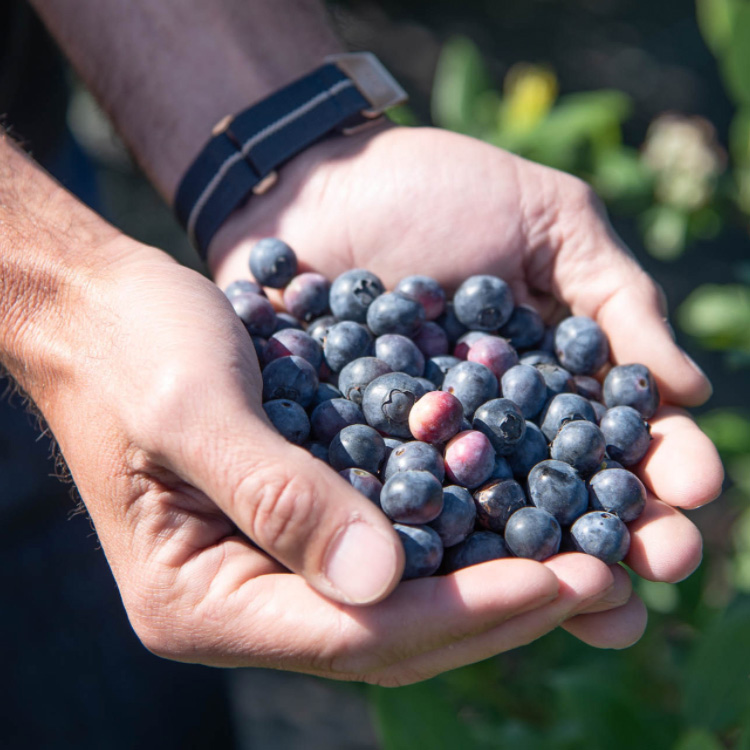
FOOD SYSTEMS AND FARMER RESILIENCY
Whether from the COVID-19 pandemic or geopolitical events across the globe, many have come to the realization that the role American agriculture plays is not just one that keeps domestic grocers stocked, but provides the food, fuel and fiber that feeds the world. American agriculture is a key element of national security and global food security. However, farmers can expect the largest recorded year-to-year dollar drop in net farm income in 2024. Income is estimated to be nearly $40 billion lower compared to 2023, down more than 25% due to lower prices paid to farmers for crops and livestock, and increased costs for supplies. As president, what investments and/or policies would you support to ensure the resiliency of our food system and the American farmers who make it work?
See Where Candidates Stand on This Issue
FARM POLICY PROGRAMS
Reliable food supplies and stable prices are critical for the United States’ long-term prosperity and economic well-being. Programs in the farm bill, extended through fiscal year 2024, provide key safety net and risk management tools for farmers, as well as critical tools to help farmers implement resource-conserving practices on the farm. Sustained, effective and predictable policy through the farm bill is necessary to address the threats that farmers have faced historically and new threats we now face to provide a consistent food supply. This includes defending and strengthening crop insurance for risk management that is affordable and flexible for all producers. As president, how would you be a proponent for enhancing farm policy programs to bring certainty to farm and ranch families through crop insurance, improved risk management programs and support for beginning farmers and ranchers, while also bringing much-needed funding to agricultural research?
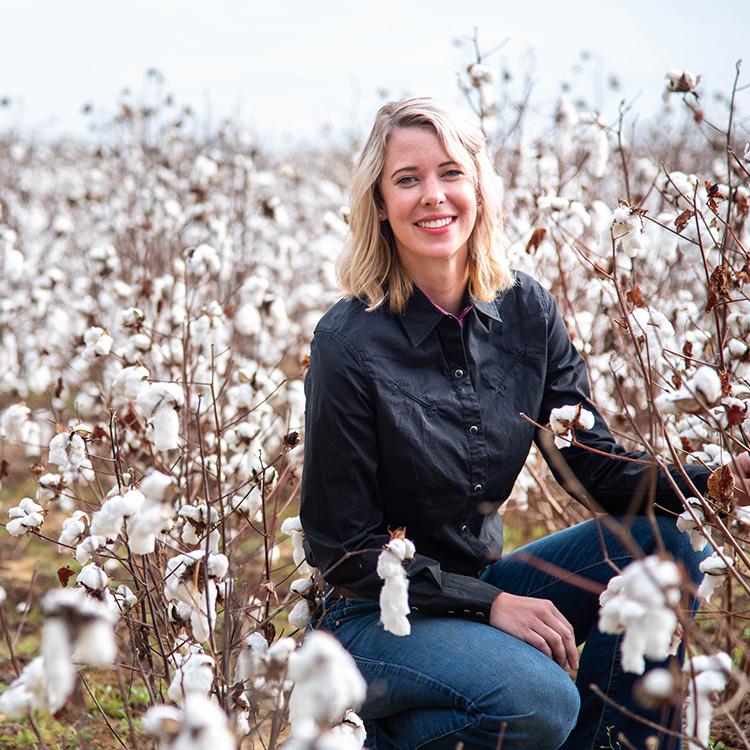
See Where Candidates Stand on This Issue
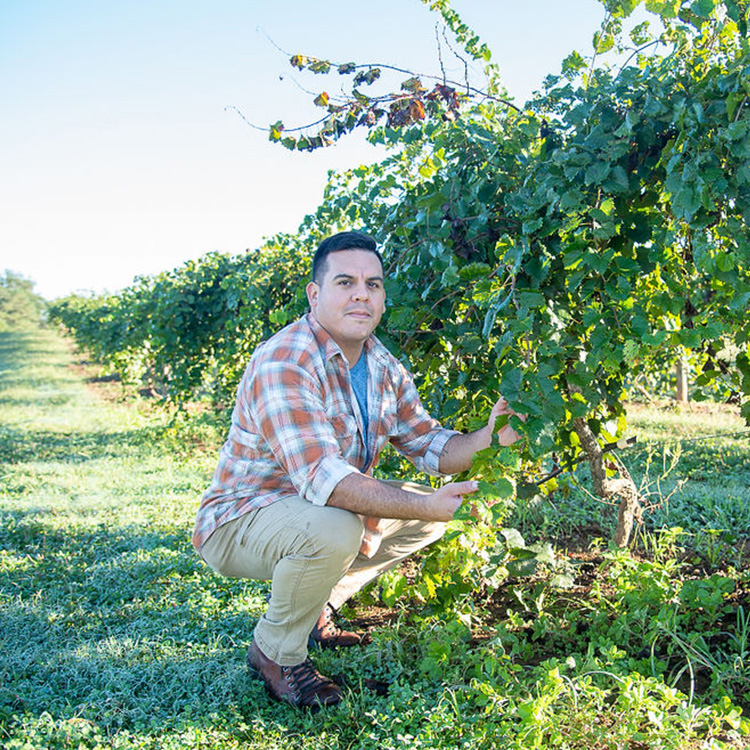
PATCHWORK QUILT OF STATE REGULATIONS
Some states have adopted agriculture production standards that are already showing an adverse impact on price for consumers and availability of product. Left unaddressed, rules like California’s Proposition 12 will create a patchwork quilt of barriers or requirements that will make it increasingly difficult for American farmers to be able to sell their products across state lines. It creates a question about whether one state can set rules that citizens and businesses in another state must follow, clearly not the intent of the Constitution of the United States. Disparate state-by-state agriculture requirements create more complexity in the market, will lead to increased farm consolidation, and has already caused sharp prices increases at the grocery store for families in California. As president, what policies would you support to shore up the free flow of food and farm products between the states, to the benefit of all consumers and farm families?
See Where Candidates Stand on This Issue
INTERNATIONAL TRADE
The United States has worked assertively over many different administrations to set the example for fair and open trade, for resolving trade disputes using sound, science-based principles and standards and for gaining access to new markets. As president, how would you be a proponent for expanding trade and pursuing remedies against nations and their leaders who use various barriers to unfairly shield their markets from competition?
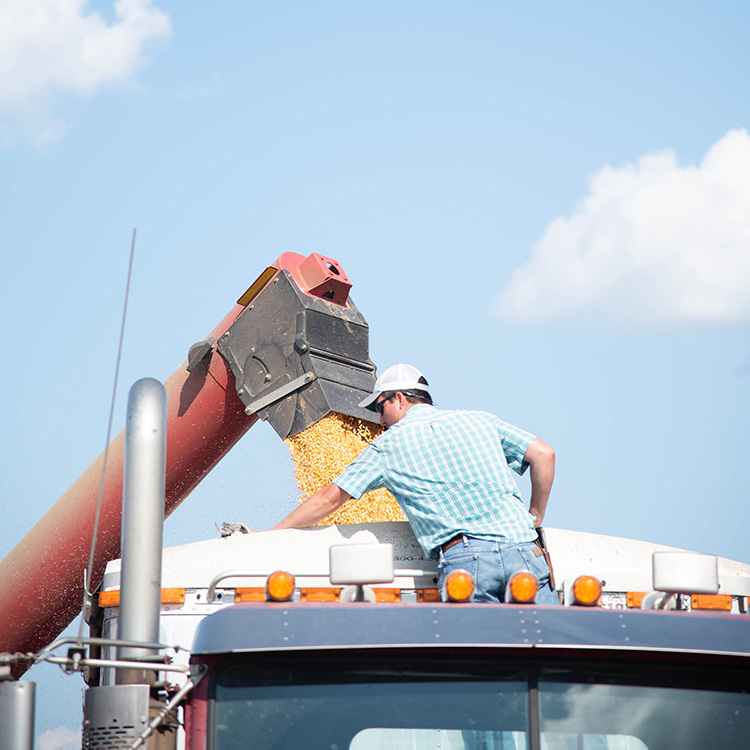
See Where Candidates Stand on This Issue
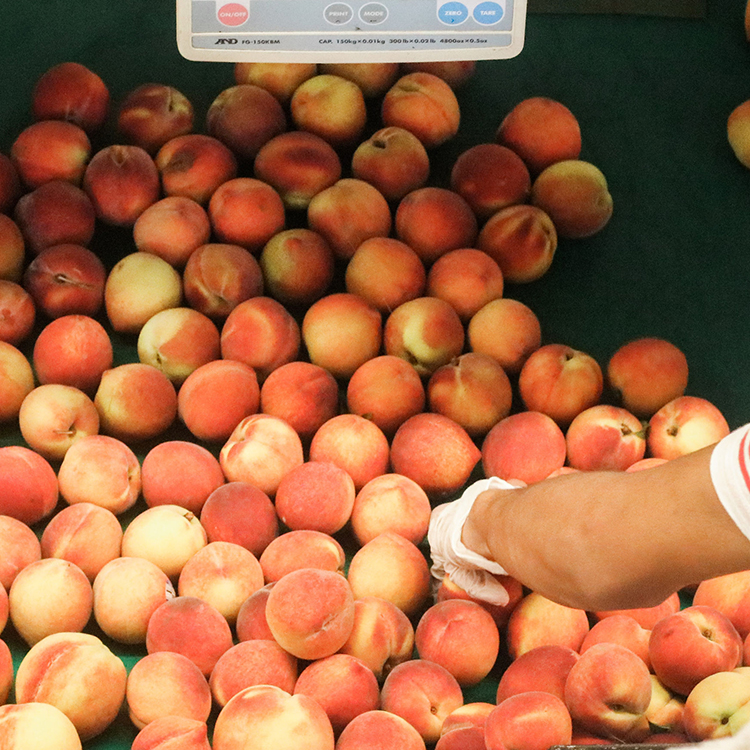
TAX POLICY
Agriculture operates in a world of uncertainty. From unpredictable national situations to commodity and product market instabilities to fluctuating input prices, from natural disasters and damaging weather events to insect or disease outbreaks, running a farm or ranch business is challenging under the best of circumstances. The vast majority of farm and ranch operations are businesses that file their taxes as individuals and most make well under $400,000 annually. Many of the provisions of the soon expiring Tax Cuts and Jobs Act allow farm and ranch families to invest into their family business, so the next generation has a chance if they choose to take over the farm. Letting these provisions expire would raise taxes on the vast majority of farm and ranch families. Farmers and ranchers need a tax code that provides certainty and recognizes their unique financial challenges. As president, what provisions would you support to help farmers and ranchers remain on the land and producing food, fuel and fiber?
See Where Candidates Stand on This Issue
AGRICULTURAL LABOR
Farmers and ranchers need a reliable, skilled workforce. Farm work is challenging, often seasonal and transitory, and with fewer and fewer Americans growing up on the farm, it’s increasingly difficult to find American workers attracted to these kinds of jobs. Farm labor can’t all be replaced by machines, either. But the Adverse Effect Wage Rate (AEWR) is set at an unsustainable level, making it difficult for farmers to temporary workers when they are paid at a higher rate than a full-time employee. As president, what would you do to reform and resolve the critical labor shortage that many farmers and ranchers face each year? How would you address the issue of undocumented workers who are already working on farms across America, as well as the need for a reformed H-2A program that would help provide a long-term agricultural workforce?
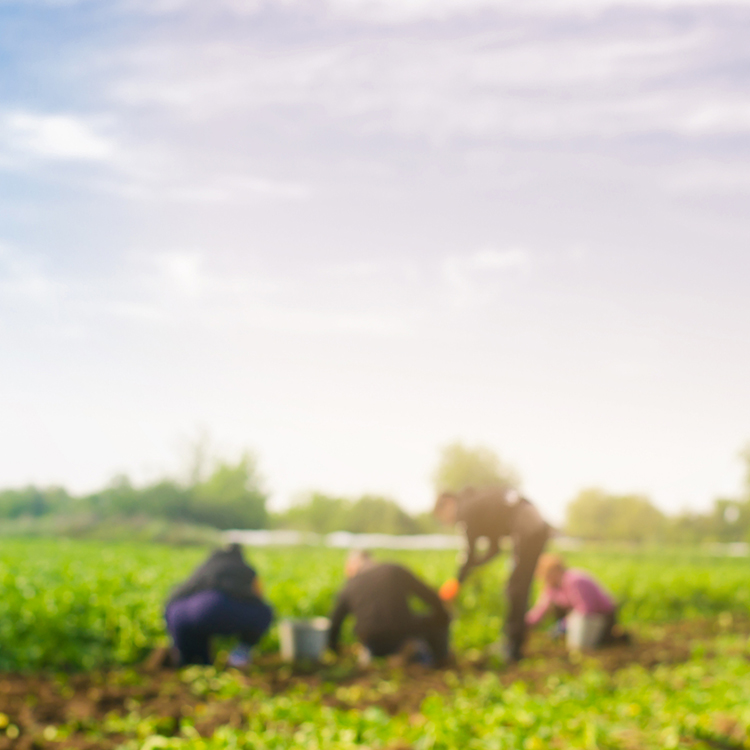
See Where Candidates Stand on This Issue
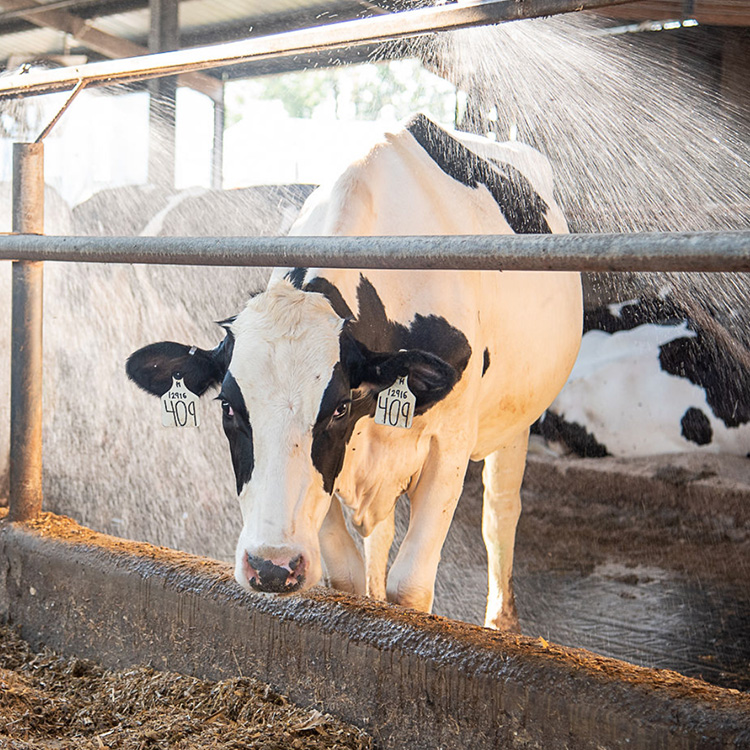
SUSTAINABILITY AND CLIMATE
Using innovative farm equipment, better seeds, green energy and climate-smart practices, U.S. farmers and ranchers are producing more food, renewable fuel and fiber than ever before, while using less water, protecting against erosion and conserving more soil, avoiding nutrient loss, increasing wildlife habitat and improving biodiversity. New data from the Environmental Protection Agency found that while greenhouse gas emissions from all sources increased by 1.3 percent between 2021 and 2022, agricultural emissions dropped 1.8 percent -- the largest decrease of any economic sector. Less than 10% of total U.S. GHG emissions stem from agriculture. In fact, efficiency gains are so significant that U.S. agriculture would have needed nearly 100 million more acres in 1990 to match modern production levels. At the same time, farmers’ commitment to conservation is clear. Conservation efforts play an active role on roughly one-third of U.S. farmland. As president, how would you ensure that climate regulations do not hamper American productivity and competitiveness?
See Where Candidates Stand on This Issue
ENERGY
Agriculture is a growing provider of renewable energy—contributing to America’s energy independence and revitalizing rural economies. Our national energy policy should be an all-of-the-above strategy and and include taking maximum advantage of all available domestic resources to achieve energy independence and a stable energy market, including support for tax provisions that incentivize the production of biofuels and domestically-produced energy. As president, would you support an all-of-the-above strategy that encourages the domestic production and use of all available forms of energy?
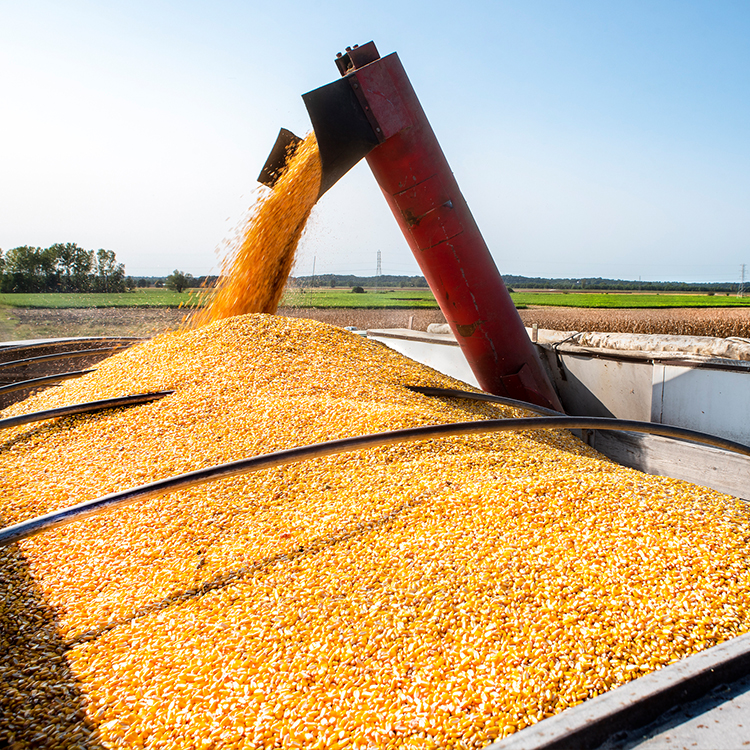
See Where Candidates Stand on This Issue
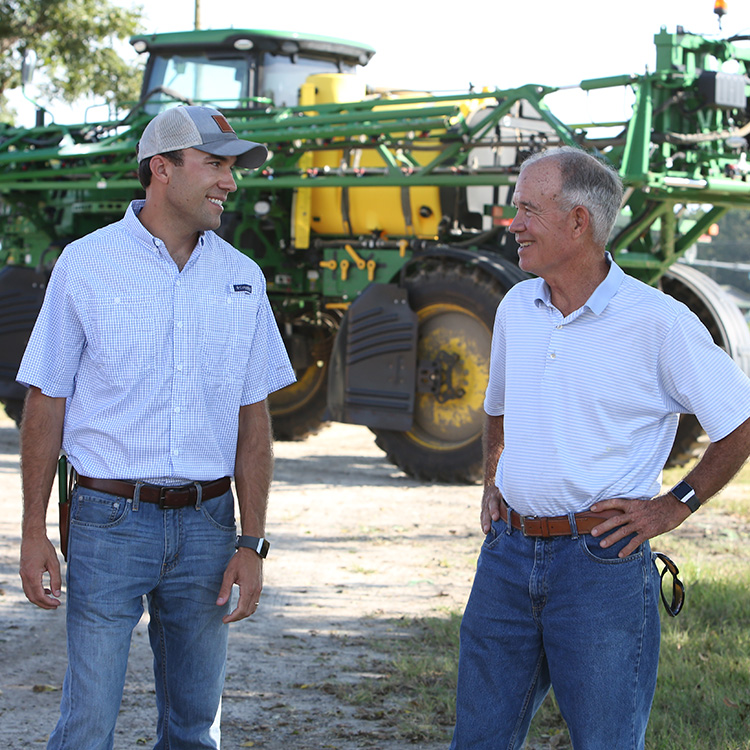
REGULATORY REFORM
All Americans have an interest in a regulatory process that is transparent and fact-based, respects the will of Congress, and observes the separation of powers in the Constitution. Federal regulations have a direct impact on farmers and ranchers, and over the years, the breadth and extent of that regulatory landscape have changed. As president, what actions would you take to ensure that the federal government’s regulatory burden on businesses such as farming and ranching is consistent with congressional intent? Will you support regulatory reform to ensure that federal regulations meet a cost-benefit test and make the process of writing new regulations more transparent, and if so, how?
See Where Candidates Stand on This Issue
ENDANGERED SPECIES ACT
Privately owned land provides habitat for the majority of our nation’s endangered and threatened species. As a result, landowners often face harsh regulatory restrictions on their ability to use the land or, worse, lawsuits or enforcement actions. Meanwhile, few species have actually been recovered under the law. It’s time to think about incentive-based programs that create a positive role for landowners in species recovery. As president, how would you fix the broken Endangered Species Act, and what role would you assign America’s landowners?

See Where Candidates Stand on This Issue

CLEAN WATER
Since the inception of the Clean Water Act (CWA), there has been considerable confusion about where the line of federal jurisdiction lies, and we have seen the regulatory pendulum swing back and forth with each Administration. In May 2023, the Supreme Court handed down a clear decision in Sackett v. EPA, which greatly limited the scope of what the federal government can assert jurisdiction over. While the Sackett decision was a significant advancement in providing a bright line of jurisdiction, the agencies continue to support a regulatory regime that lacks clarity and certainty for landowners. Landowners and the regulated community need clarity from the agencies on how they are interpreting and implementing the rule, especially because the penalties for landowners can be fines up to $64,000/per day or receive jail time for any CWA violations. Lack of certainty and clarity will only open them up to unknowingly violating the law. As president, will you work to reign in the agencies’ regulatory reach, provide clarity for landowners and faithfully enforce the decision that was handed down in Sackett v. EPA?
See Where Candidates Stand on This Issue
BIOTECHNOLOGY
Protecting farmers’ access to modern farming technology, veterinary medications and crop protection tools is important for farmers and ranchers. Our future food security will depend on science, technology and innovation to increase efficiency, adapt to droughts and fight plant diseases. Agricultural biotechnology and other new crop development techniques will prove vital. As president, how would you ensure that new traits are reviewed expeditiously, that USDA’s GMO disclosure rules are focused on science, and that solutions from science and technology are harnessed to meet the challenge of feeding a growing world?
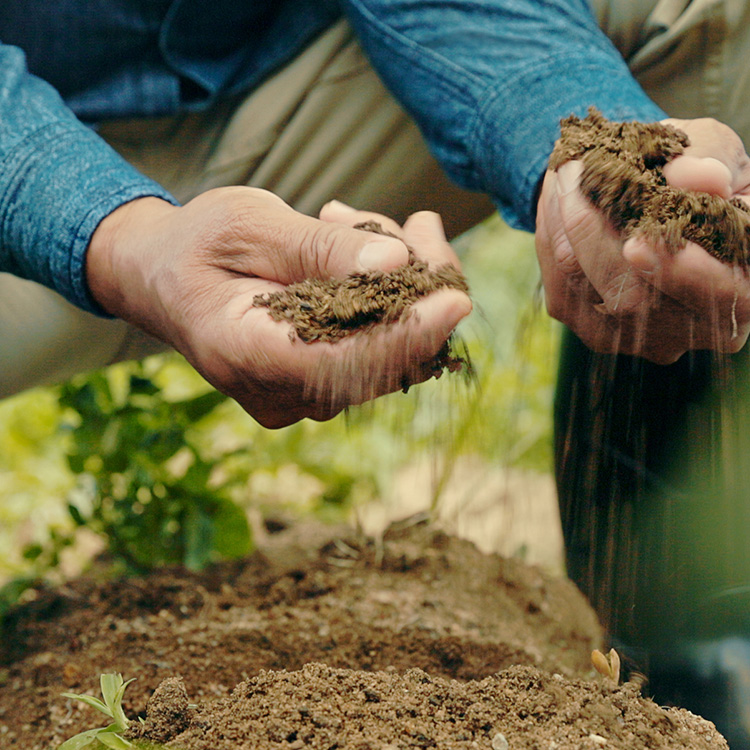
See Where Candidates Stand on This Issue
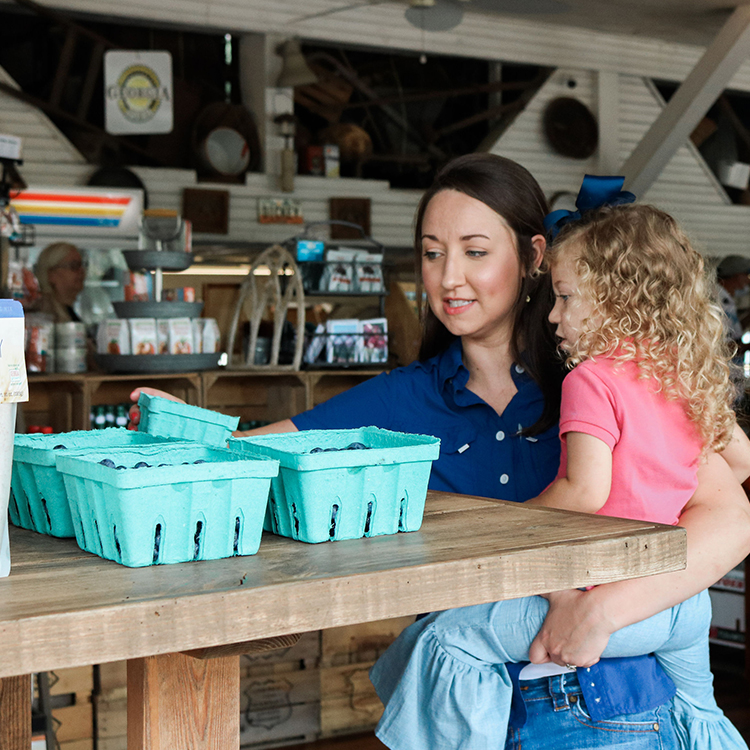
RURAL LIFE AND HEALTH
Rural communities play an important role in our nation’s economy. At the time of the 2020 Census, over 66 million people, about 19.8% of the population, lived in rural areas of the United States, home to a majority of U.S. manufacturing, farming and ranching. Greater access to high speed internet and healthcare in rural areas, enhanced infrastructure investment, reducing opioid addiction, addressing mental health challenges and helping rural economies via rural entrepreneurship and Main Street-friendly tax policies are important components to revitalize rural America. As president, how would you ensure that rural Americans have economic opportunity, greater access to broadband and healthcare, and well-maintained infrastructure to move food, fiber and fuel to consumers and ports, which are all necessary for a sustainable future?
See Where Candidates Stand on This Issue
FEDERAL LAND MANAGEMENT
The United States has established “multiple use” for federal lands to guarantee our longstanding tradition of joining together in our care, enjoyment, use and conservation of the open spaces we all cherish. Farmers and ranchers are partners in federal land management, and livestock grazing on federal lands is integral to the success of ranching. As president, what policies would you support to ensure the continued success of multiple use for federal lands?
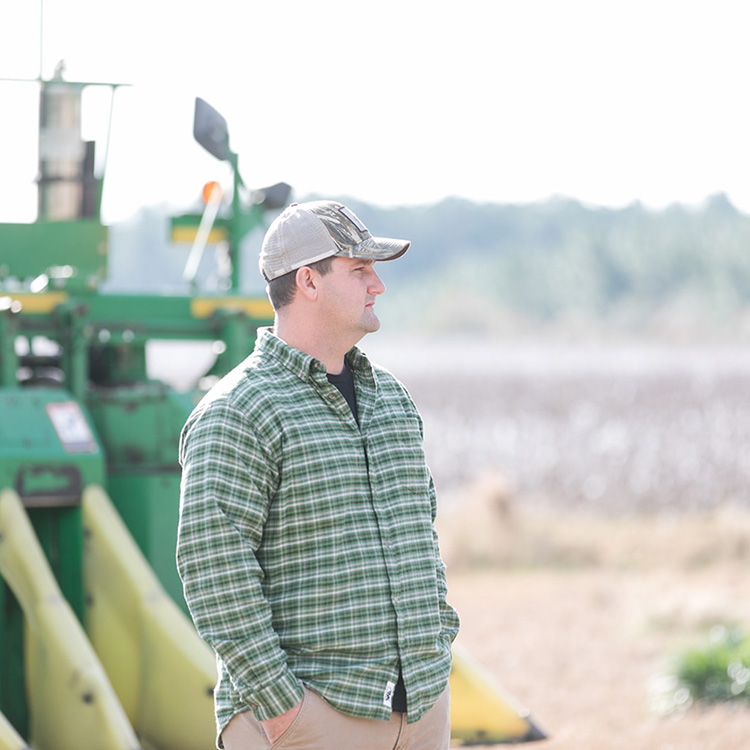
See Where Candidates Stand on This Issue

Presented by Georgia Farm Bureau
I Farm. I Vote. is a non-partisan campaign presented by Georgia Farm Bureau, whose mission is to advocate for Georgia farmers and promote Georgia’s agriculture industry.
Disclaimer
Georgia Farm Bureau Federation is an independent, non-governmental, voluntary organization representing Georgia’s agriculture families. Farm Bureau is local, county, state, national, and international in its scope and influence, and is non-partisan, non-sectarian, and non-secret in character. Farm Bureau and its programs, including I Farm. I Vote., in no way endorses any candidate for any election.
